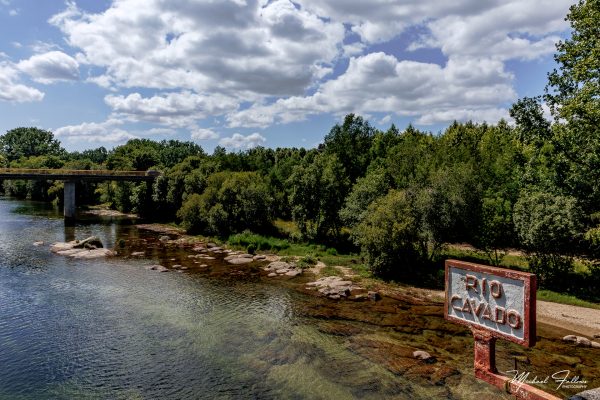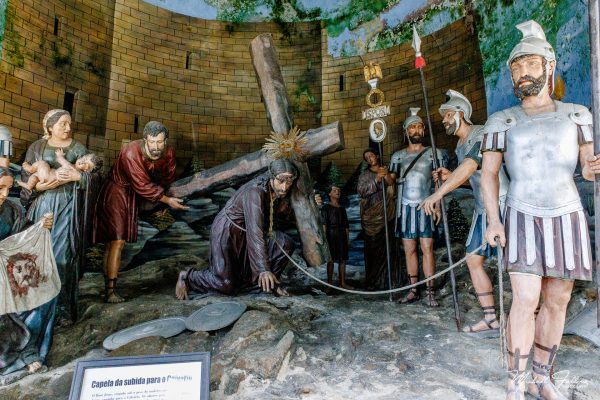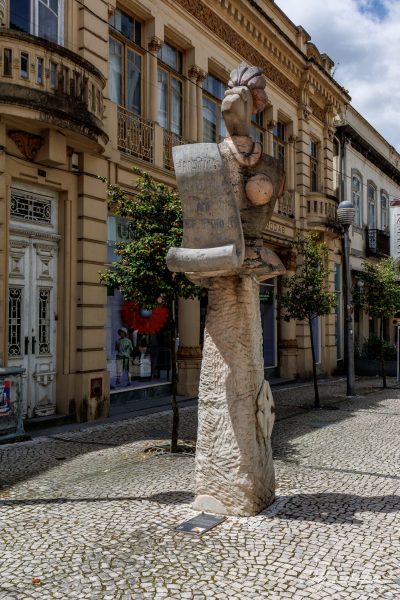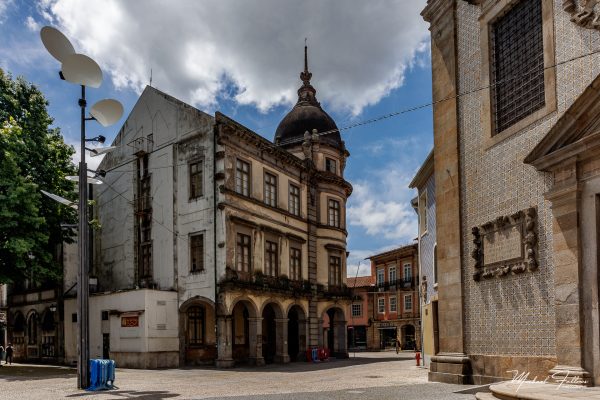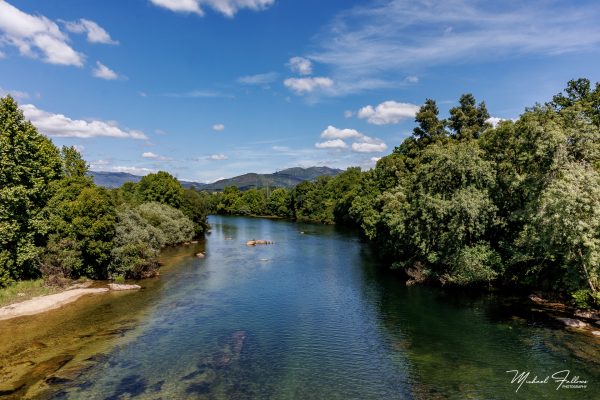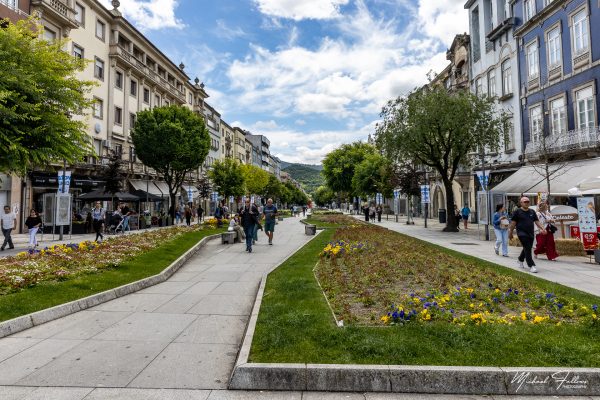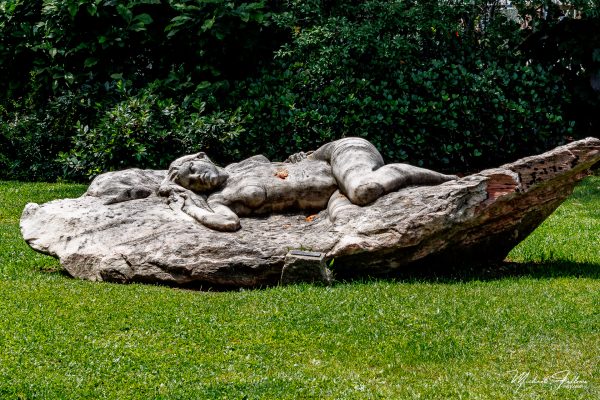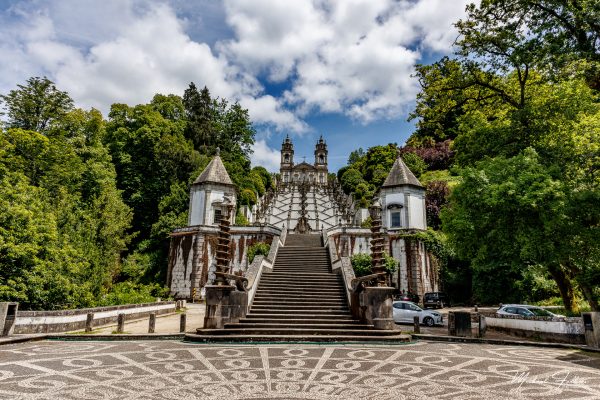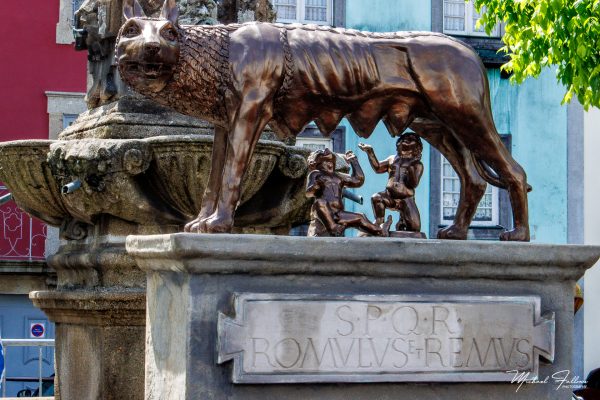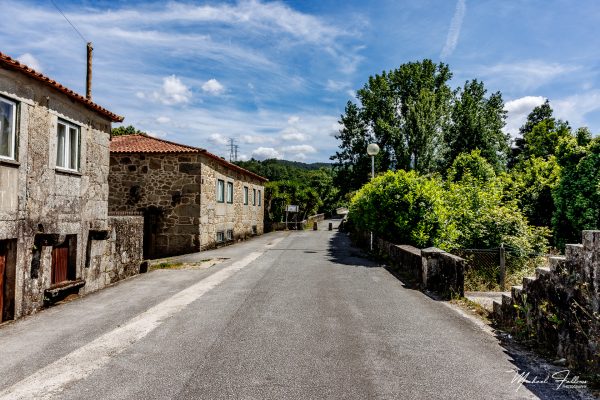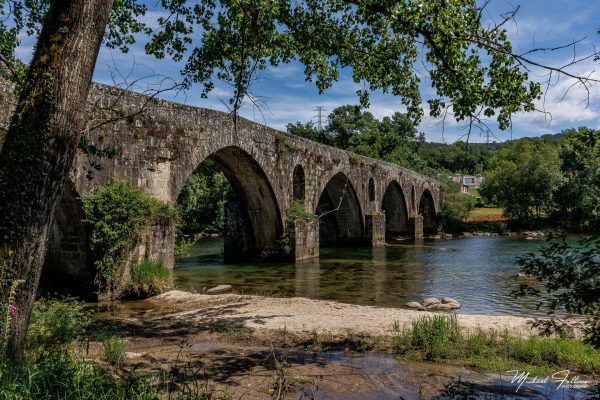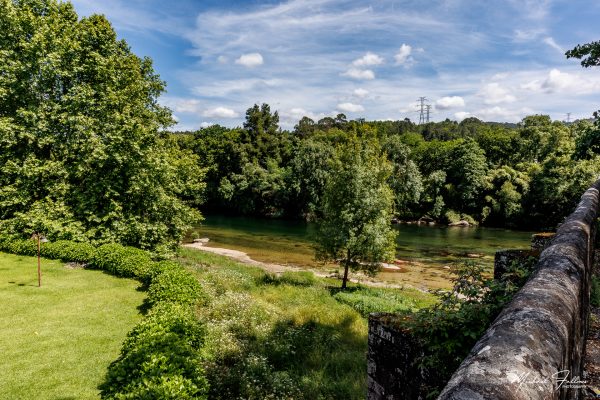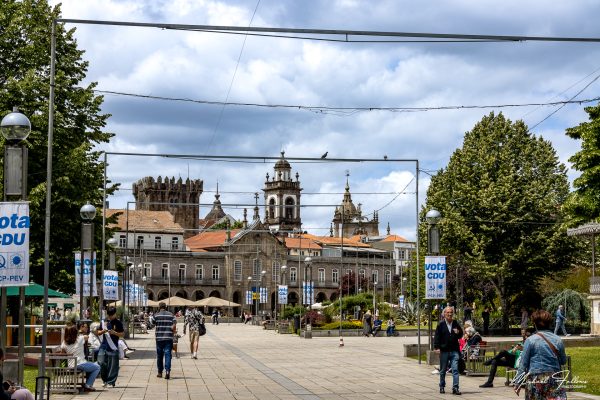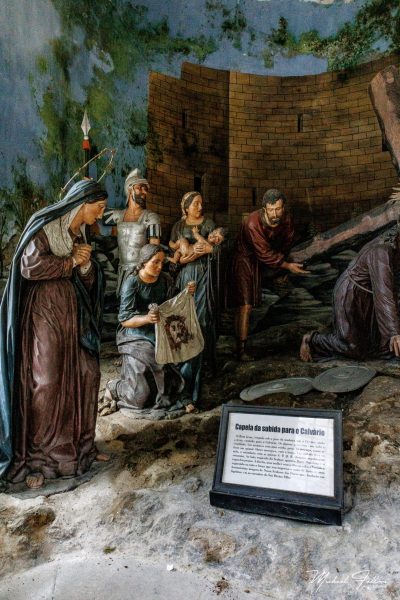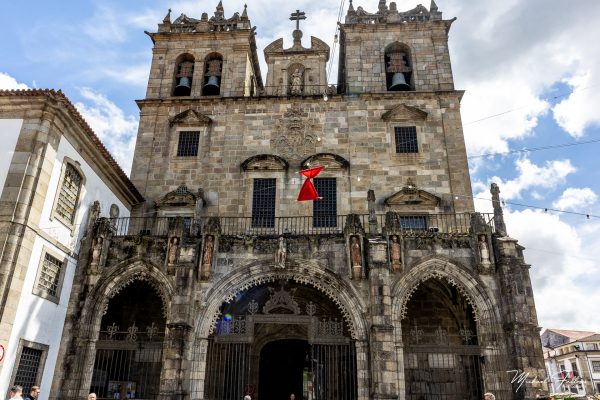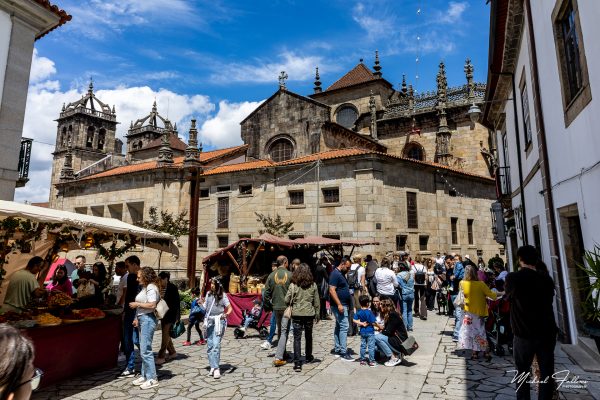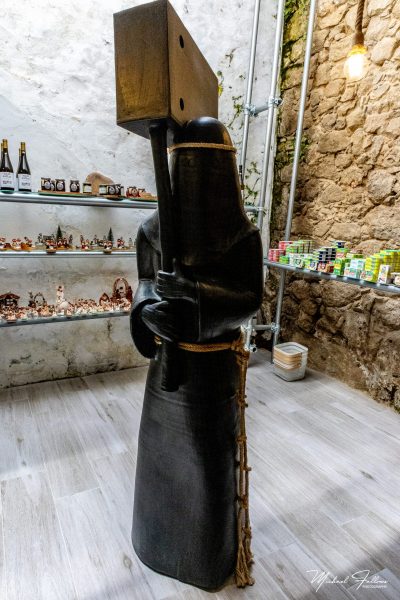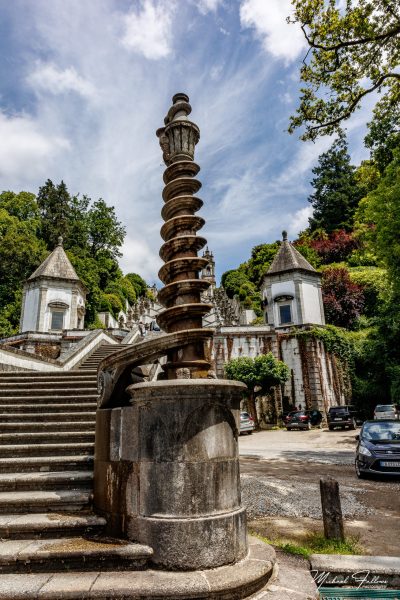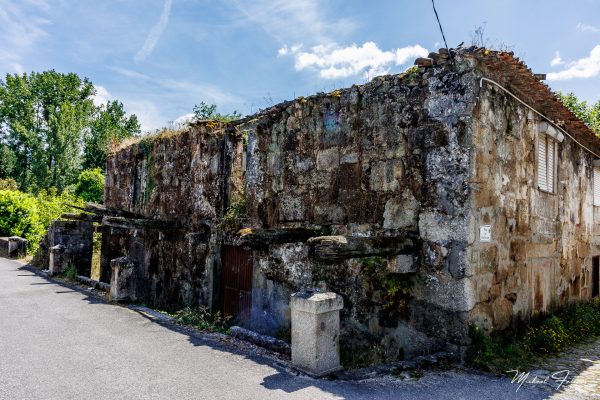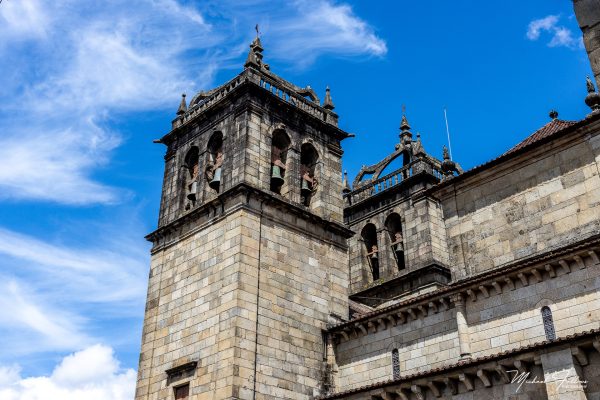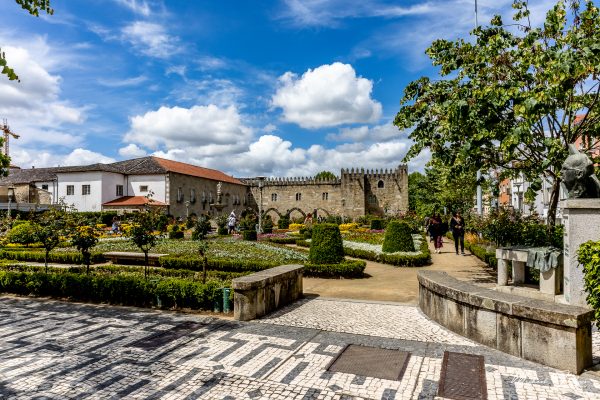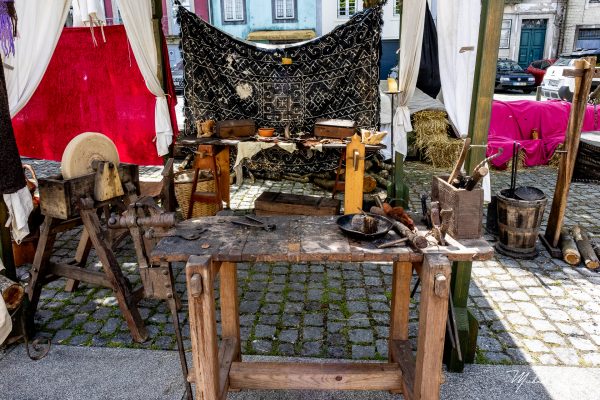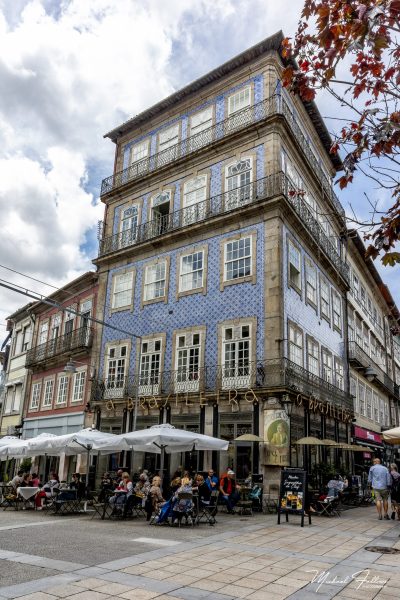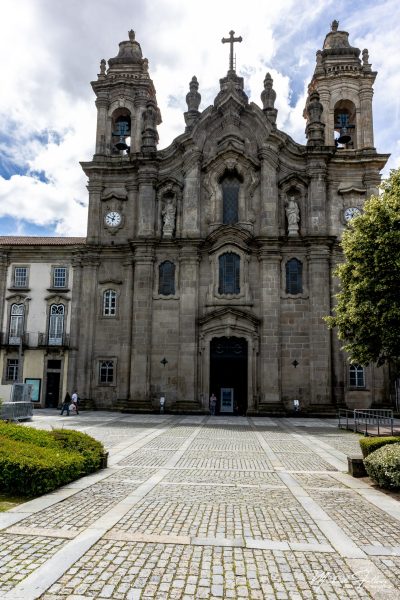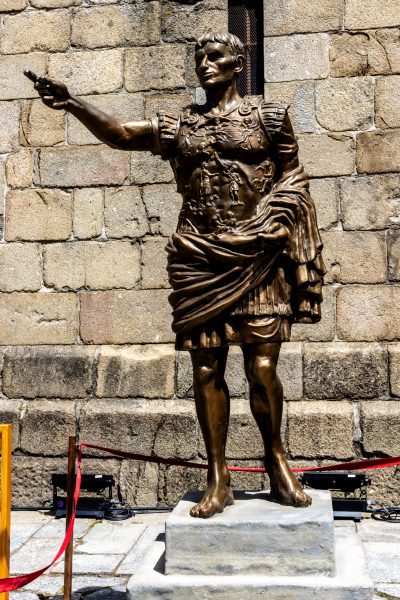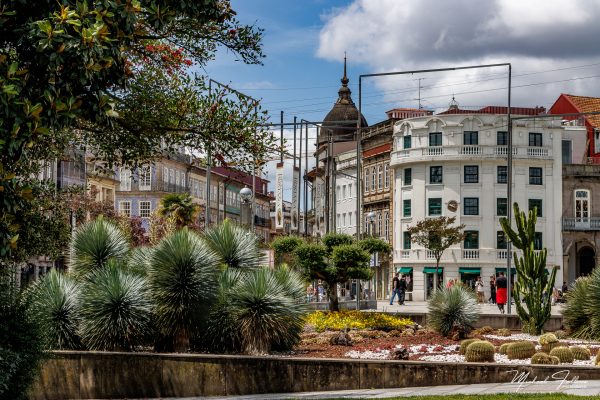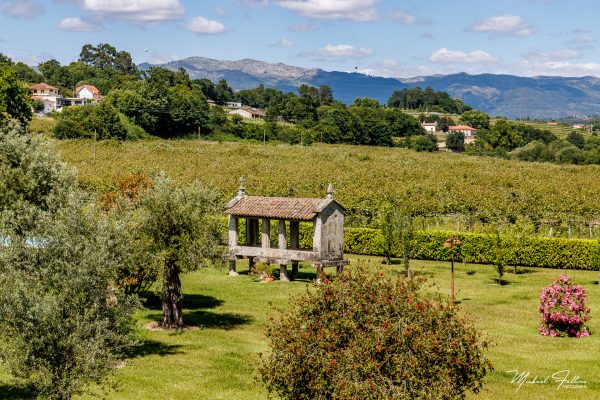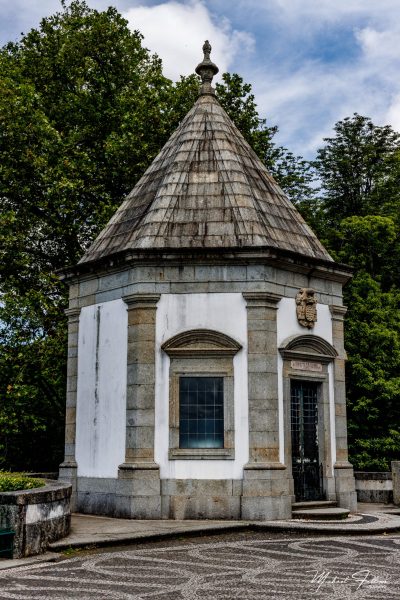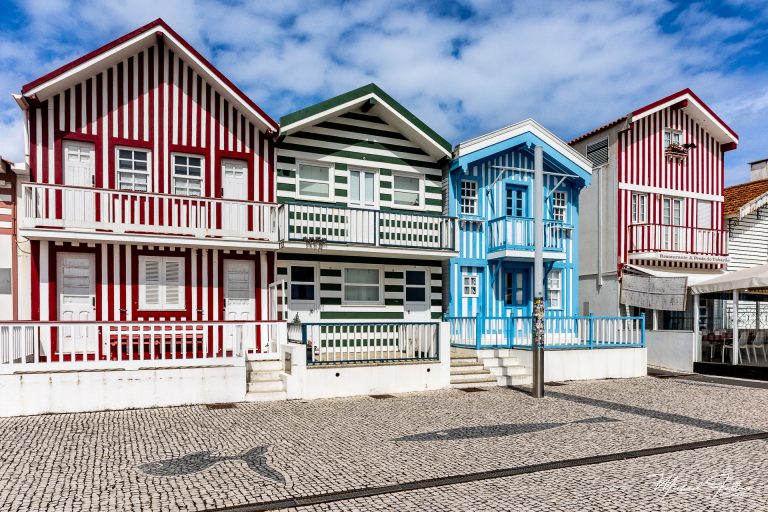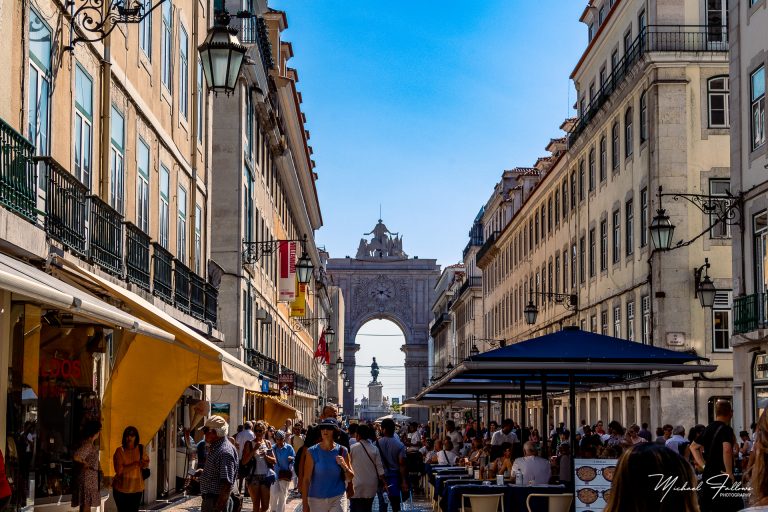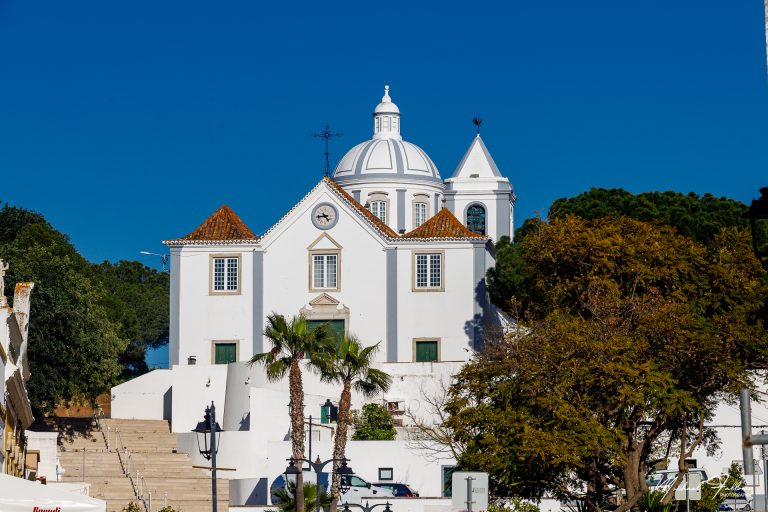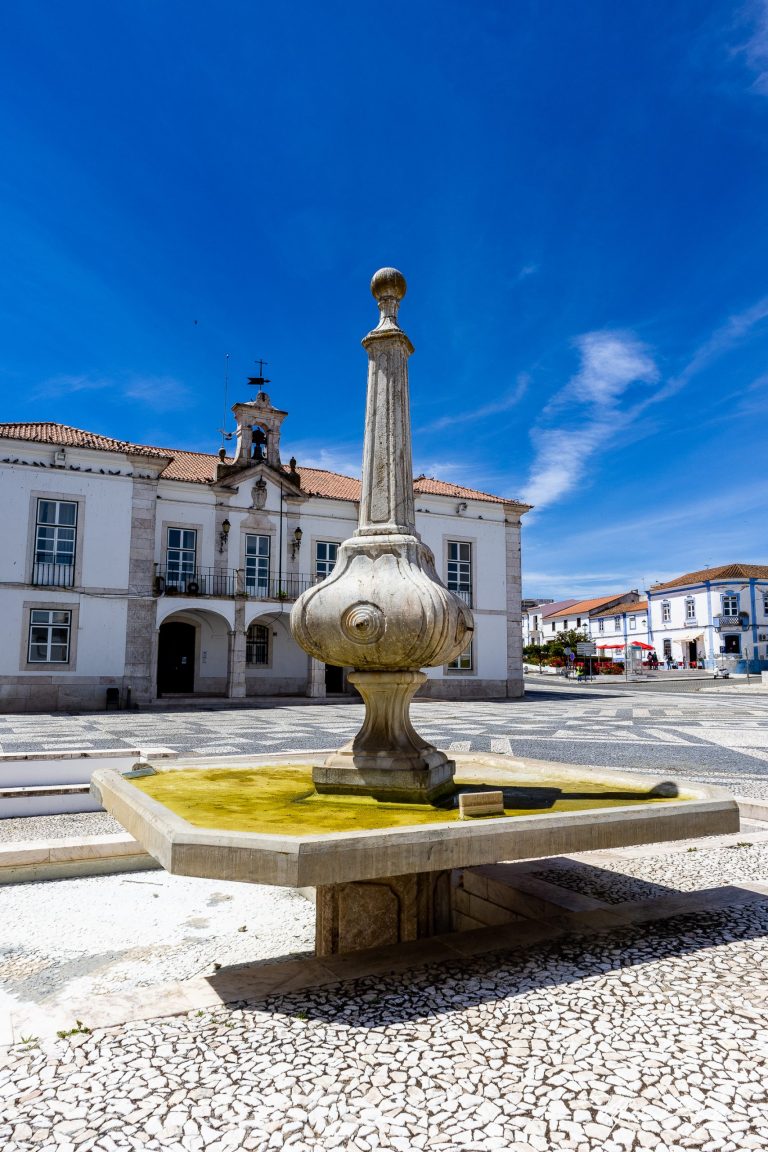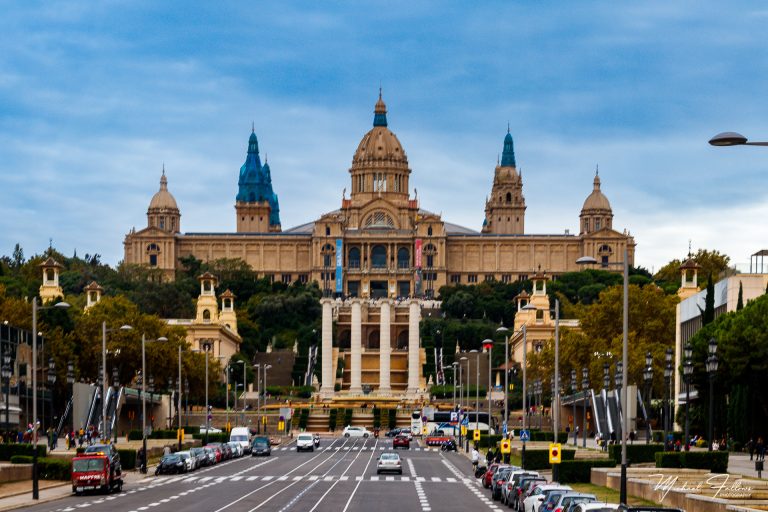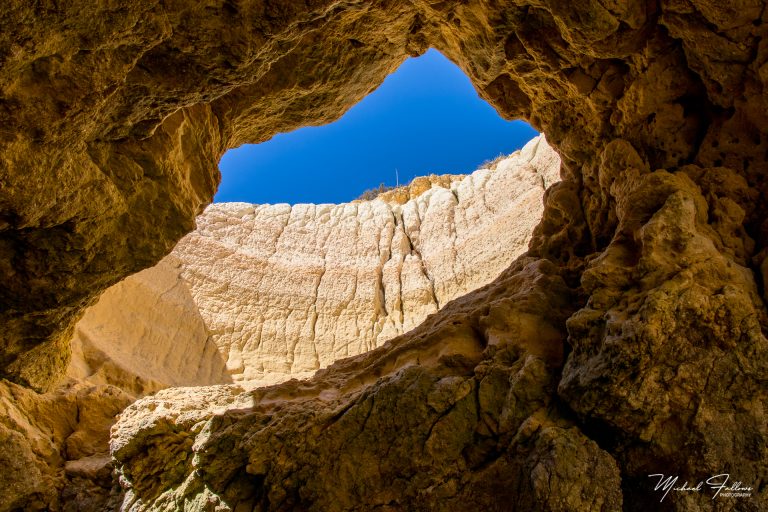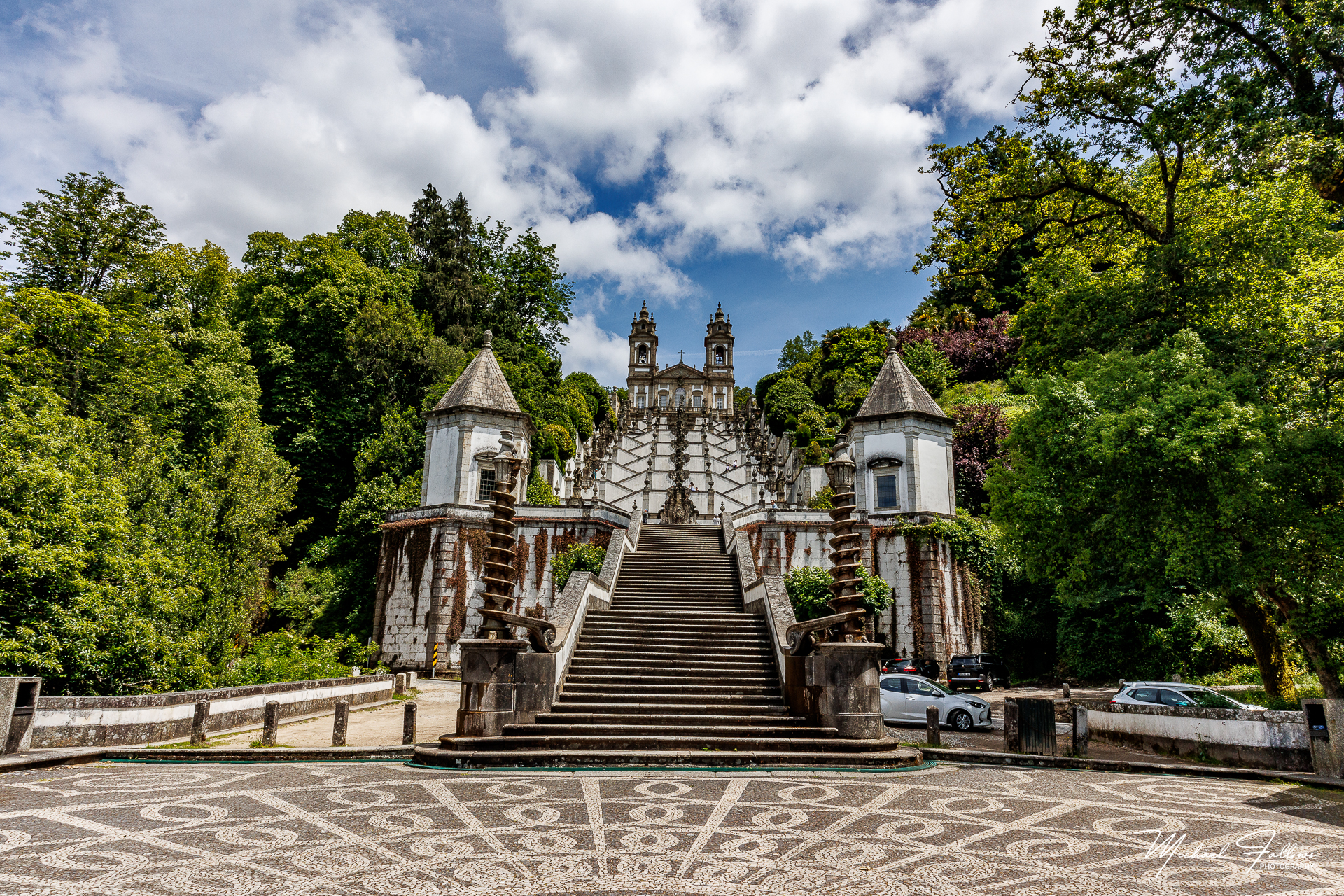
Braga: Portugal’s Spiritual and Cultural Heart
Situated in the verdant Minho region of northern Portugal, Braga is a city where history, culture, and spirituality intertwine to create an enchanting travel destination. Known as the “Rome of Portugal” due to its rich religious heritage, Braga offers a journey through time, with its ancient churches, beautiful gardens, and lively streets. This vibrant city seamlessly blends the old with the new, making it a captivating spot for travelers seeking both tranquility and excitement.
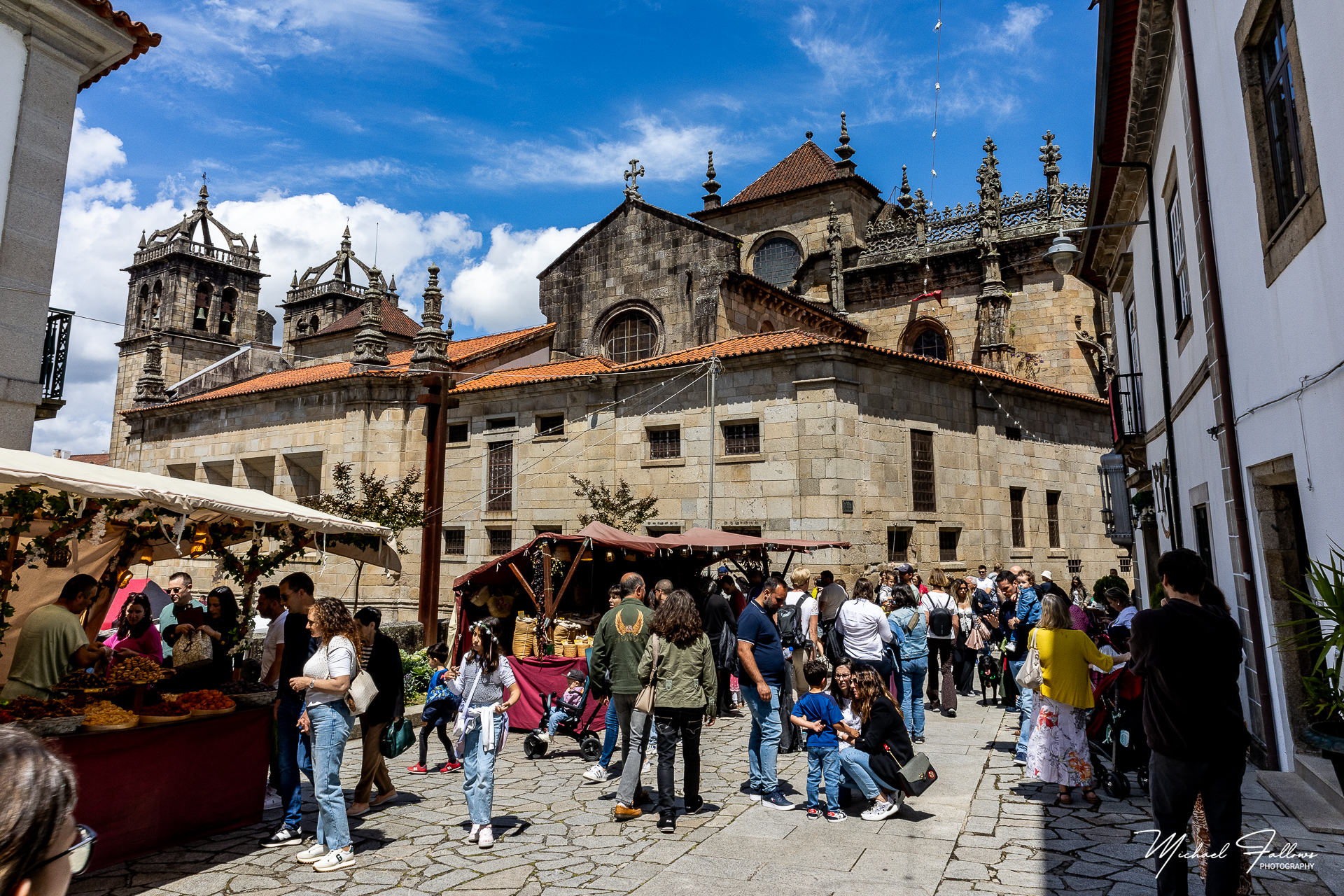
A Walk Through History
Braga’s history stretches back over two millennia, making it one of the oldest cities in Portugal. Founded by the Romans in 16 BC as Bracara Augusta, Braga quickly became an important administrative centre. The city’s strategic location contributed to its prosperity, and it flourished under Roman rule.
During the Middle Ages, Braga emerged as a significant religious center. In the 11th century, it became the seat of the Portuguese archbishops, reinforcing its status as the spiritual heart of Portugal. This period saw the construction of many of Braga’s iconic churches and monasteries, which continue to draw pilgrims and tourists alike.
Religious Heritage: The Soul of Braga
Braga’s religious significance is palpable, with numerous sacred sites dotting the cityscape. The most renowned is the Bom Jesus do Monte sanctuary. This neoclassical masterpiece, perched on a hill overlooking the city, is famous for its baroque stairway, which ascends 577 steps. Pilgrims and visitors can either climb the stairs or take the funicular, one of the oldest in the world, to reach the top. The sanctuary offers breathtaking views and a serene atmosphere, ideal for reflection.
Another key religious site is the Sé de Braga, the city’s cathedral. Dating back to the 12th century, the Sé is a blend of architectural styles, including Romanesque, Gothic, and Baroque. Inside, visitors can explore its impressive chapels, treasury, and the tombs of important religious figures. The cathedral’s intricate façade and richly decorated interiors make it a must-see.
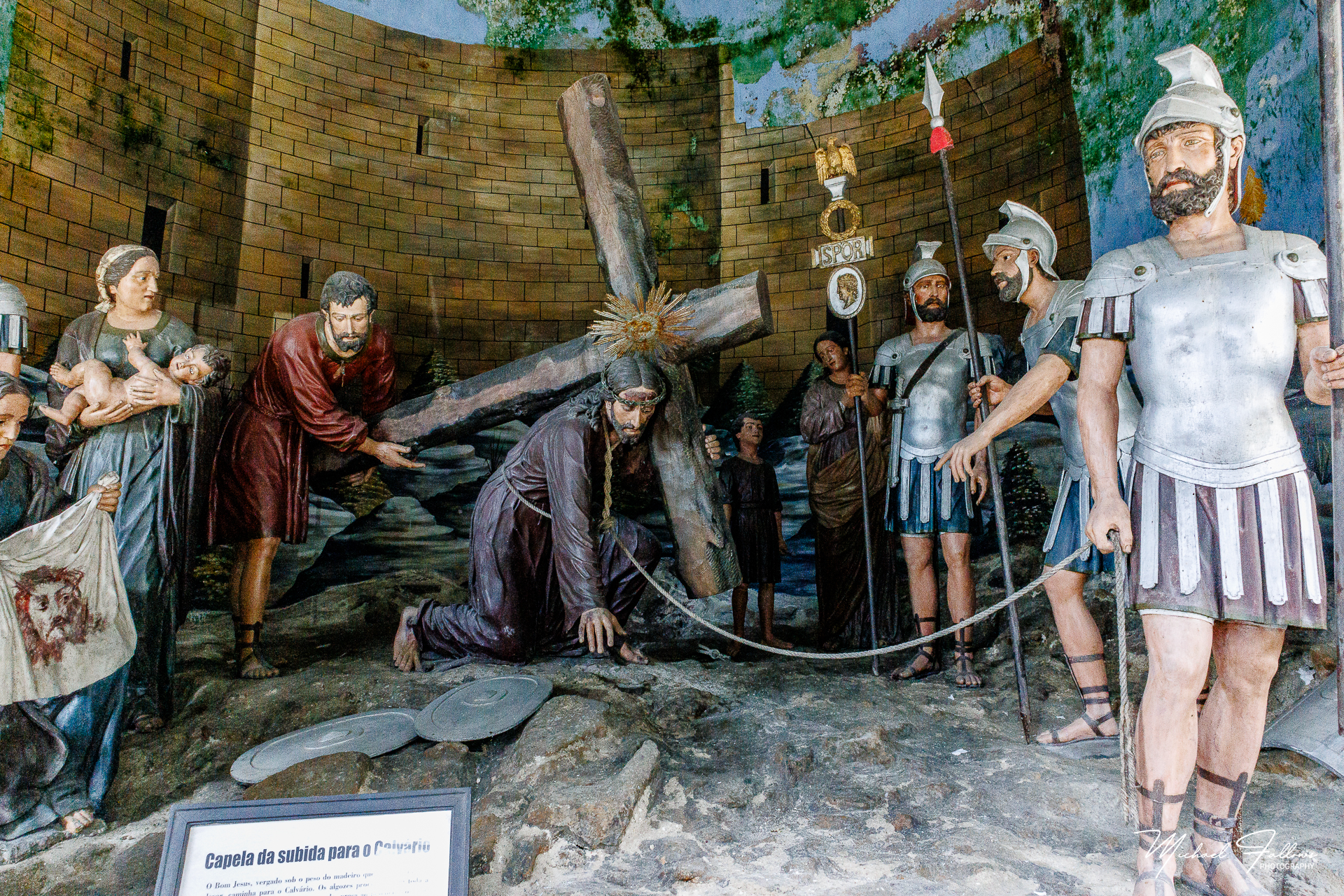
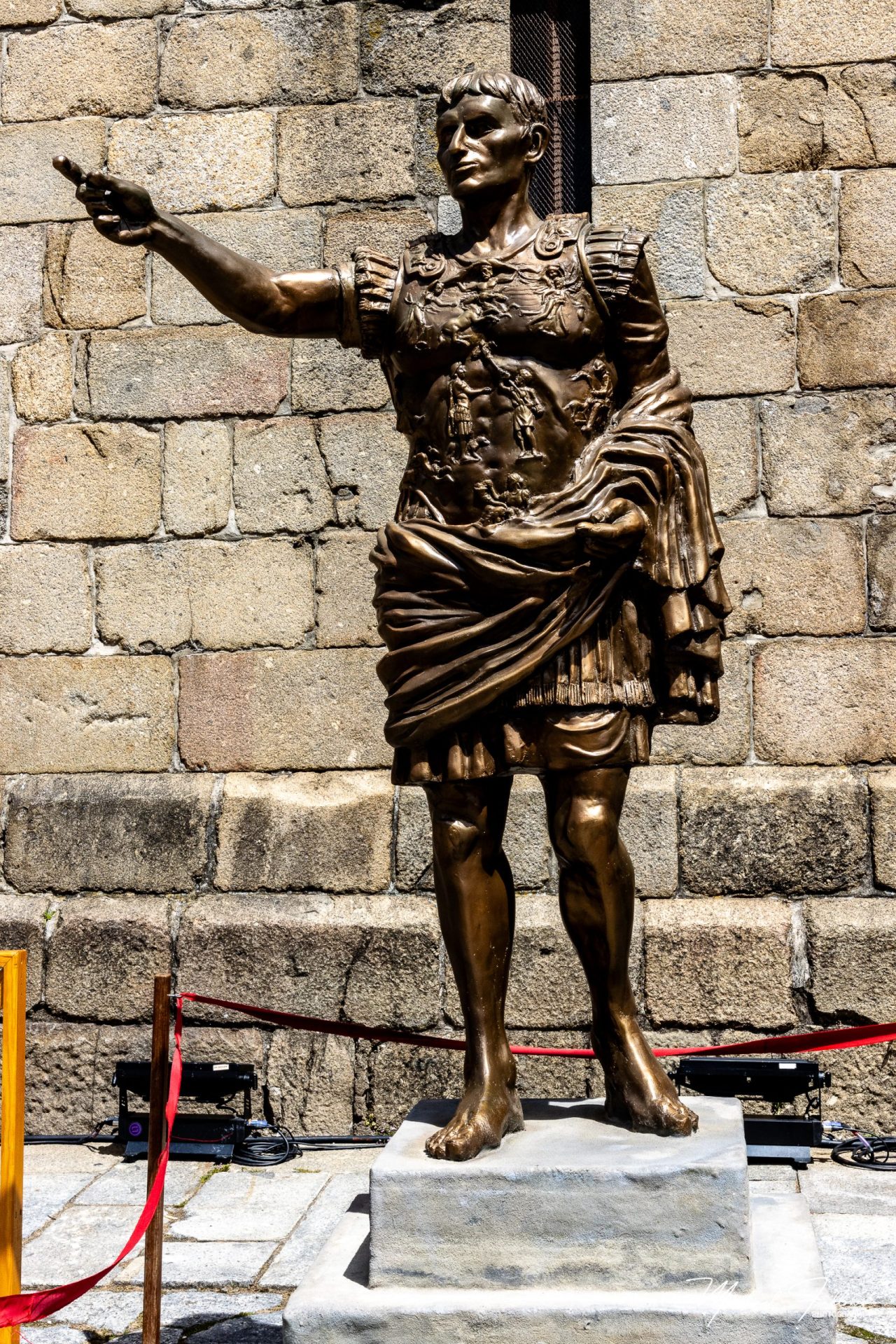
Exploring Braga’s Cultural Treasures
Beyond its religious landmarks, Braga boasts a wealth of cultural attractions. The Palácio dos Biscainhos, an 18th-century baroque palace, offers a glimpse into the opulent lifestyle of the Portuguese nobility. The palace is surrounded by beautifully manicured gardens, perfect for a leisurely stroll.
The Museu D. Diogo de Sousa is another cultural gem, housing an extensive collection of Roman artifacts. This archaeological museum provides insights into Braga’s ancient past, with exhibits ranging from mosaics and sculptures to everyday items from Roman times.
For a taste of contemporary Braga, the Theatro Circo, a stunning 20th-century theater, hosts a variety of performances, including plays, concerts, and dance shows. Its beautifully restored interior and diverse program make it a cultural hub in the city.
Green Spaces and Outdoor Activities
Braga’s natural beauty is as compelling as its historical and cultural attractions. The Jardim de Santa Bárbara, located in the heart of the city, is a delightful garden filled with colorful flowers, manicured hedges, and a charming fountain. It’s a peaceful retreat where visitors can relax and enjoy the tranquil surroundings.
For those who enjoy outdoor activities, the nearby Peneda-Gerês National Park offers a wide range of adventures. From hiking and birdwatching to exploring waterfalls and ancient ruins, the park is a haven for nature enthusiasts. Braga’s proximity to this natural wonder makes it an excellent base for exploring the region’s stunning landscapes.
Culinary Delights: A Feast for the Senses
Braga’s culinary scene is a reflection of its rich cultural heritage. The city’s restaurants and cafes serve a variety of traditional Portuguese dishes, with a focus on local ingredients. Specialties include bacalhau à Braga (Braga-style codfish), papas de sarrabulho (a hearty meat stew), and frigideiras (meat pastries).
No visit to Braga would be complete without sampling its delectable pastries. Conventual sweets, originating from local monasteries, are a highlight. Treat yourself to delights such as Tíbias de Braga (cream-filled pastries) and Pudim Abade de Priscos (a rich caramel pudding).
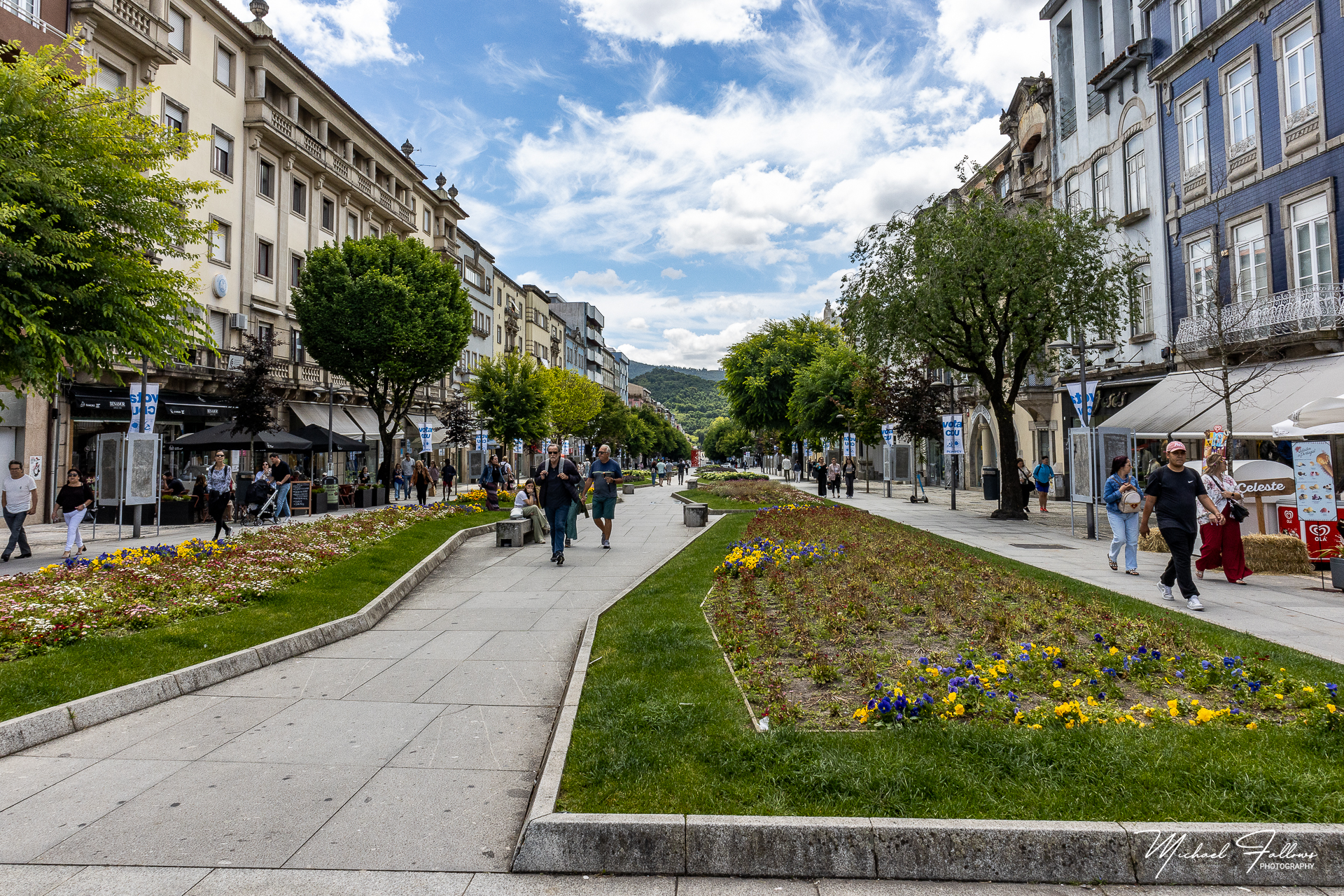
Conclusion
Braga is a city that enchants with its profound history, vibrant culture, and spiritual ambiance. From its ancient Roman roots to its prominence as a religious center, Braga invites travellers to delve into its rich past while enjoying its modern amenities and natural beauty. Whether you’re exploring its majestic churches, wandering through its lush gardens, or savouring its culinary delights, Braga promises an unforgettable experience that captures the essence of Portugal’s enduring charm.

